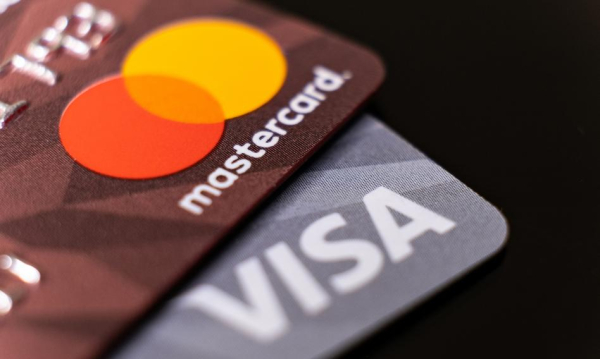When traveling abroad, it is worth taking at least two payment cards with you. Ideally, these should also be cards from two different organizations. Why? Because one of the cards may be unexpectedly blocked and we will be cut off from our means of living. Just like a certain LinkedIn user who described her case on this site.

For the purposes of the text, let’s change the heroine’s name to Anna.
The Strange Case of Mrs. Anna in Vietnam
Mrs. Anna reported to mBank that she was going to Vietnam and would be making transactions there with the card issued to the account. Just in case, so that the system would not block the plastic due to a suspicious foreign transaction. During the first attempt to pay for the hotel (PLN 108), the bank… blocked the card due to a “suspicious transaction”.
“No, it’s very suspicious – booking a hotel while abroad. I write to the consultant on the chat that I reported a trip to Vietnam to the bank. I always report trips outside the EU, precisely because such blockades happen,” describes Ms. Anna.
The consultant replies that she is not aware of any such reports, and the block was imposed automatically. To unblock the card, you have to call the bank. So Mrs. Anna calls the bank via WiFi Calling, but the connection is interrupted. She also tries using other applications, but she can’t use any of them, because… there is no way to top up the account – the card is blocked.
Roaming connection or… visit to a branch
The consultant advises to make a phone call via roaming. – A minute of a call from Vietnam to Poland costs PLN 8, so before I listen to the melody, the GDPR formula, wait for the consultant and sort out the matter, the bank’s error will cost me over PLN 100. And such matters should be possible to sort out much cheaper and faster – describes the irritated Mrs. Anna.
Ultimately, the consultant tells the client, who is in Vietnam, that it is best to… come to the branch with an ID card. She is adamant – she claims that there is no other way to unblock the card.
“Only after talking to a few consultants and making a fuss about leaving a client abroad without access to funds and no help did they kindly unblock my card. How is it possible that in 2025 the only way to contact a bank via the Internet is via chat? “ – concludes an mBank client.
Going abroad? Choose a currency account with the Bankier.pl ranking »
Take two cards abroad
The above-described case is just one of the unfortunate misunderstandings that can occur during foreign travels. For this reason, it is worth having at least two cards linked to different accounts abroad. In case of problems that may arise. And there can be quite a few of them – the card may be lost, stolen, stuck in an ATM or, as we wrote above, blocked by the bank due to suspicious activity. In such a situation, the second card will provide us with constant access to money and the ability to make payments.
Different types of cards can also offer different benefits abroad. A credit card can be useful for booking hotels or renting a car, and can also offer additional travel insurance. A debit card, on the other hand, may be better for everyday spending and ATM withdrawals, often with lower fees. Having both types of cards can provide more flexibility and convenience when traveling.
In addition, some card networks, such as Visa and Mastercard, are more widely accepted worldwide than American Express or Discover. Having cards from different networks can increase the chances that you will be able to make a payment without any problems, especially in less popular places.
Bankier.pl recommends taking at least two cards abroad. It is best to have Visa and Mastercard, due to their wide global acceptance. It is best to keep the cards separate – keep one in a safe place and the other for everyday payments. Having two cards is a strategic safeguard that can protect against many unforeseen financial difficulties.
Check the ranking of currency accounts in the Bankier.pl ranking »